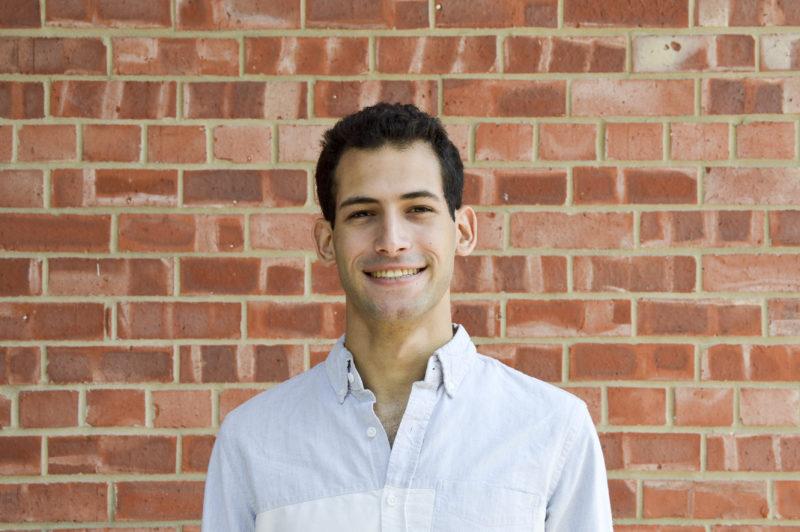Living in a house off campus for senior year feels like a training run for independent living. Dishes have to be cleaned, floors have to be swept, furniture has to be purchased and trash and recycling have to be taken out. A fair number of these chores still had to be done before college when I lived at home, but then there was the obligatory parental command. Now, my housemates and I have to discipline ourselves, or else the pile of dishes in the sink will become complex enough to develop sentience and ally with the trash can to overthrow us.
Beyond chores, there is one other activity essential to off-campus living: cooking. For the first few weeks, buying groceries and cooking personal meals was fun and gratifying, as is true of any form of self-sufficiency. There’s an element of pride in making scrambled eggs with Cajun spice for breakfast, as well as the relief in having, for the first time in three years, something besides Pop-Tarts or an empty stomach for morning classes.
Earlier this week, though, I discovered that I had prepared every meal in my culinary repertoire and was now bored of what little I could prepare. More than that, I often came home tired after a long day of classes and the thought of preparing food was daunting. I began to grow tired of cooking. Then I felt, like a temporally infinite weight, the realization that from this point onwards, for the rest of my organic life, I will be preparing meals for myself three times a day, most days of the week.
Self-sustenance suddenly felt like a chore. I realized that this was because, growing up, I never needed to concern myself with food preparation. My dad is a chef and my mother is a good cook in her own right, and so there was almost always excellent, prepared food at mealtimes or in the refrigerator. If ever there wasn’t, I would subsist on tortillas and ice cream until cooked food magically reappeared.
Such subsistence living isn’t a viable long-term option, though, and so I turned to my parents and asked them about their experience of transitioning to independent living and how they approached cooking. I heard several commonalities in my conversations with them. Both mentioned the initial proliferation of pre-prepared meals in the 1960s and how those products enabled many people, though not themselves, to avoid ever having to learn how to cook. Both mentioned learning how to shop for groceries, how to keep a kitchen and how to prepare different types of food by observing their mothers, both of whom were housewives for most of my parents’ childhoods. My mother said of cooking for herself:
“It was matter-of-fact, but positive. I enjoyed it. This doesn’t mean I cooked fabulous meals every day. Sometimes I just cooked rice and beans and ate that for four days. Sure, there was tedium and drudgery, and also I was on a strict budget. I never had a feeling of unease or dread.”
My father said something similar.
“A lot of stuff for me just kind of came about naturally. Ultimately, for me really, everything’s been a matter of course. I’ve never thought about fending for myself.”
This natural acceptance of self-sustenance extended to his time abroad, even when he was without kitchen access.
“In Europe I could fend for myself with a bottle of wine, a loaf of bread, and a hunk of cheese. The Camembert cheese would always smell better after being in your backpack for a few days.”
For my parents, cooking “” the core element of self-sufficiency “” was a natural progression of things. They took this necessary element of adult life and made it an enjoyable aspect by reading cooking books, discovering new cuisines and, in the case of my father, studying culinary arts professionally.
In a certain sense, the existence of cooking “” varied across cultures, thoroughly dynamic, dependent upon inherited wisdom and fully accessible to all people “” is the ultimate expression of human exceptionalism and optimism. It represents our success at turning a basic biological need, nourishment, into a source of personal joy and physical delight. My parents discovered this and now, through my conversations with them, I’ve discovered it as well.






